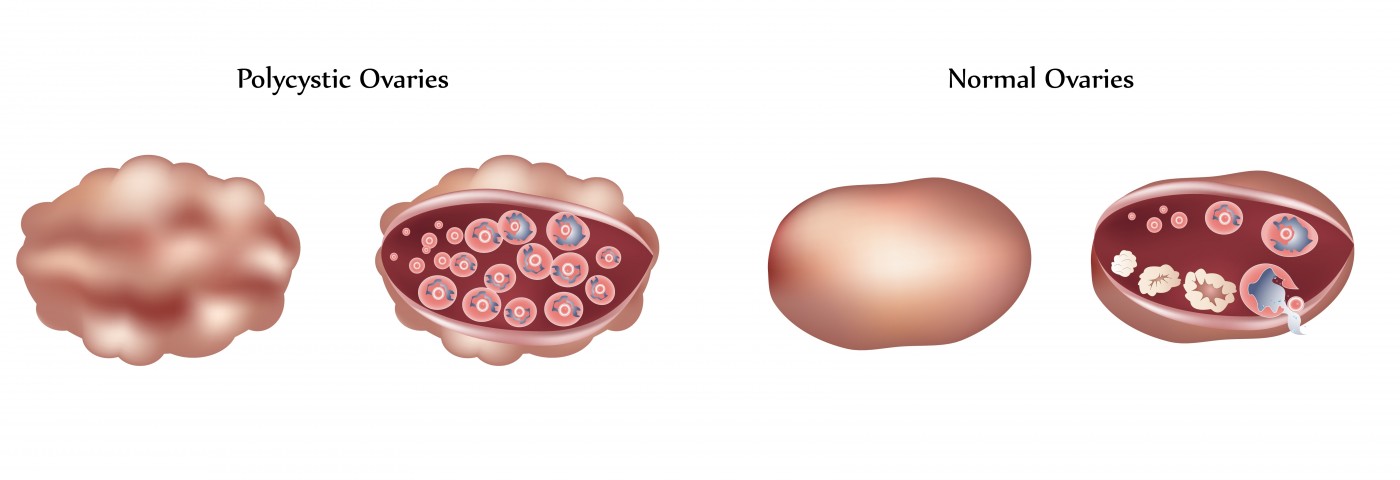In a new study entitled “Relationship between Polycystic Ovarian Syndrome and Subsequent Gestational Diabetes Mellitus: A Nationwide Population-Based Study,” researchers performed a large population-based study to understand the potential association between gestational diabetes mellitus in women with a previous history of polycystic ovary syndrome (PCOS). The study was recently published in the open access journal PLOS One.
PCOS is a condition of ovarian dysfunction characterized by hyperandrogenism (a condition marked by excessive levels of androgens, a group of hormones that play a role in male traits), chronic anovulation accompanied by alterations in ovaries (detected by ultrasound examination), obesity, and infertility. Approximately 50% of the women with PCOS have metabolic syndromes, particularly insulin resistance, and are at high risk for developing diabetes mellitus. While the association between PCOS and diabetes is well-established, there is a lack of population-based studies addressing the possible association between PCOS and gestational diabetes mellitus (a condition of impaired glucose tolerance induced by pregnancy).
Researchers investigated this possibility by performing a nationwide population-based study, using data from the Taiwan National Health Insurance Research Database collected from 1998 to 2012. The team identified cases of gestational diabetes mellitus and PCOS, which were further confirmed, separately, by blood tests or ultrasonography. In total, the team identified 7,629 women with a valid PCOS diagnosis. From this initial group, 3,109 (corresponding to 42.87%) became pregnant.
The authors observed that women with a previous diagnosis of PCOS exhibited a higher association with gestational diabetes mellitus during pregnancies when compared to women without PCOS. In fact, authors discovered that pre-existing PCOS is an independent risk factor for gestational diabetes mellitus, therefore highlighting the need for close monitoring of both the women and their fetuses.
However, women with a history of PCOS who had used PCOS medication and metformin (used to treat type 2 diabetes) had no difference in the occurrence of gestational diabetes mellitus when compared to women who did not take PCOS-related medication.
The team proposes that their findings support PCOS being associated with higher levels of insulin resistance, an association it suggests may underlie gestational diabetes mellitus occurrence in future pregnancies. Hence, women with a previous history of PCOS should be closely monitored and may require following a strict diet once they become pregnant to avoid complications as a consequence of gestational diabetes mellitus.


